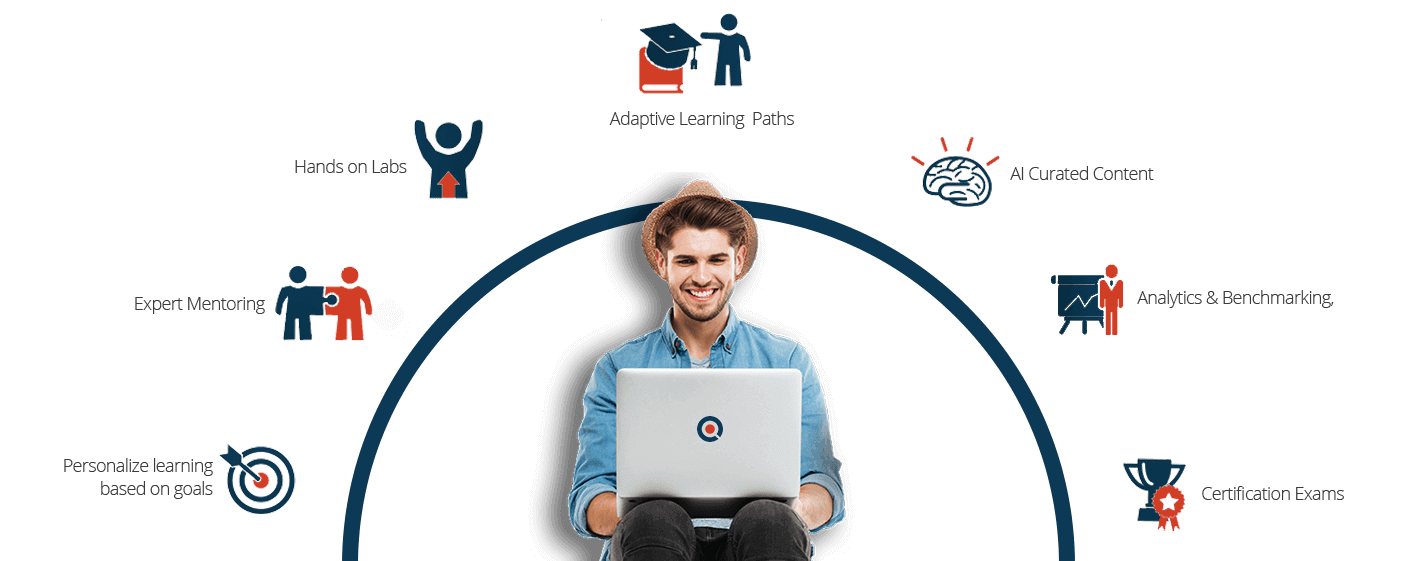Today, in the modern world of computer technology, IT specialties are considered to be very promising. In recent years, the IT profession has been at the top of the list of the most attractive and desirable ones, especially among young people. Although despite this fact the demand for IT professionals far exceeds the number of specialists. The high cost of IT university education is one of the reasons for this shortage. Not every capable student can afford to study at university. What are the prospects for studying IT at the university? What gives a diploma of such education and how does IT education at a university differ from studying at courses? Today we’ll find it out together with Pro-Papers specialists.

Career growth in IT is transparent and well structured. So, having the knowledge and possessing practical skills, you can quickly climb the career ladder, receiving a decent pay and many benefits at the same time. However, work in the IT field is not an instant salary for everyone and a comfortable existence for any employee, but hard work, self-education and self-improvement. In addition to standard skills and knowledge of the subject, you need special thinking, a thorough knowledge of programming languages and the ability to make extraordinary decisions. These are one of the most limiting factors that allow natural selection of the most experienced employees. Simply stated, working in an IT company without fundamental knowledge and a non-standard view of the situation is impossible – not only the beginner, but even an experienced specialist will need to spend a lot of time on self-education.
Now an IT graduates are engaged in solving business problems, software development, maintenance, network architecture and so on. Many business companies are looking for professionals with several skills at once. According to recent studies, half of employers are willing to cooperate with a specialist who does not have a higher education diploma. That is, for an employer, both a diploma, and practical knowledge, and specialist skills, obtained through self-education, are equally important. What are the benefits of studying in a university?
In general, studying programming independently and as part of higher education are two completely different things. However, if it is possible to enroll in an IT program which is an integration of mathematics and computer science, then why not. The university should go for an integrated approach. Here they explain everything to you from the very beginning, give you a base that you often miss when you study by yourself.
The skills acquired at the university are definitely useful to all graduates. Higher education provides not only ordered knowledge of programming, but also logical thinking. It is easier to solve many problems, because you already have a brain sharpened on similar.
Another reason to get a strong IT education at the university is to join the student community. It is known that the environment forms you and if you are in a good society, then you become better. Contacts as well as communities that later in your professional life will be very useful to you are formed.
As for hiring, usually large companies prefer candidates with diplomas from prestigious universities. Self-taught people are more likely to be looked at with suspicion. It is not a matter of prejudice that one cannot learn one’s own knowledge, and not of some kind of discrimination. It is just easier for a person with a diploma to prove that he/she is worth something by the very fact of having this diploma. But this concerns exclusively prestigious universities. A diploma of a good university means that a person at least understands well, knows how to work regularly and hard and has a certain set of skills. In particular, he/she knows well the logic and the mathematical apparatus – the most important things in programming. A person without a diploma needs to prove that he/she, firstly, knows these things, and, secondly, knows how to effectively apply them. The university and specialized education give breadth of horizons and theoretical literacy in many issues.
However, choosing an IT profession at a university, rather than a self-learning method, through courses, etc., you need to be prepared for the fact that studying at a university is like training in a gymnasium where your training program is scheduled. And the training plan is very gentle. From the experience of students, the knowledge gained at the institute is only 3-5% of what you need to know, and depending on the specialization, 70-95% of what you did at the university may not be useful to you or useful only indirectly.
Thus, the main function of the university in this case is to give a student the right direction in development. You will receive a theoretical base and a diploma, but this does not make you a first-class specialist. You need to be prepared for continuous self-development: courses, forums, news, practical skills development. The ideal formula for professionalism is the synergy of practice and theory. If you have experience and solid projects behind your back, the lack of specialized education and higher education in general is not an obstacle. The experience and real knowledge are valued, but not only the presence of the diploma.
Experts say that despite all the prospects of the profession master this specialty in the case when it is like a hobby and passion for you even without an institution and education. If you create something, then this is a hobby, if only consume – then it’s an entertainment. If you continue your journey in the field of IT, then you have to create something using a computer, and this requires the desire and effort. That is why, the prospect of development in the IT specialty is only for specialists who are passionate about their work and are constantly improving, regardless of whether they have received a higher education or have mastered the specialty on their own. Remember: higher education is undoubtedly important, but not a decisive factor in hiring.



